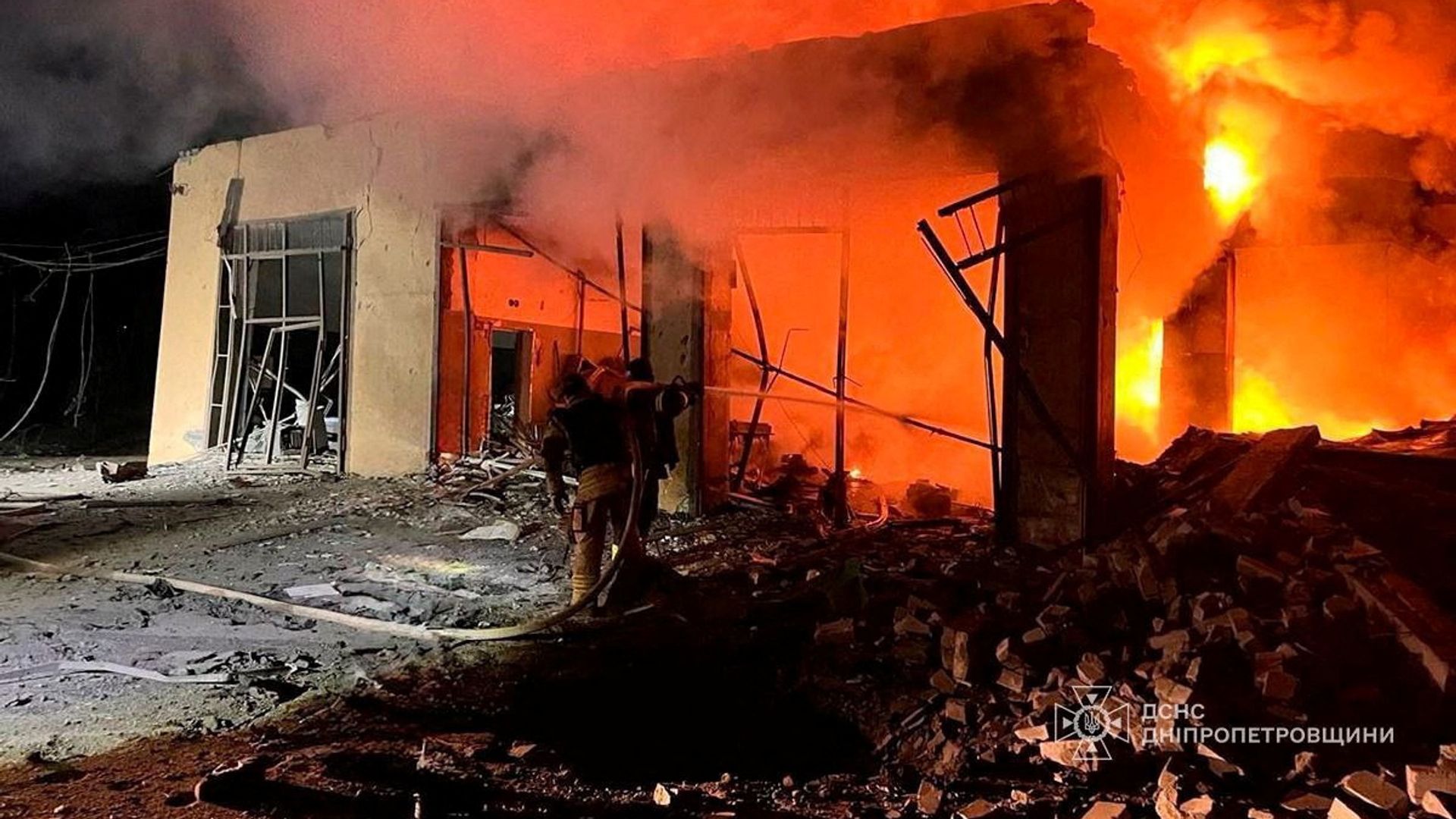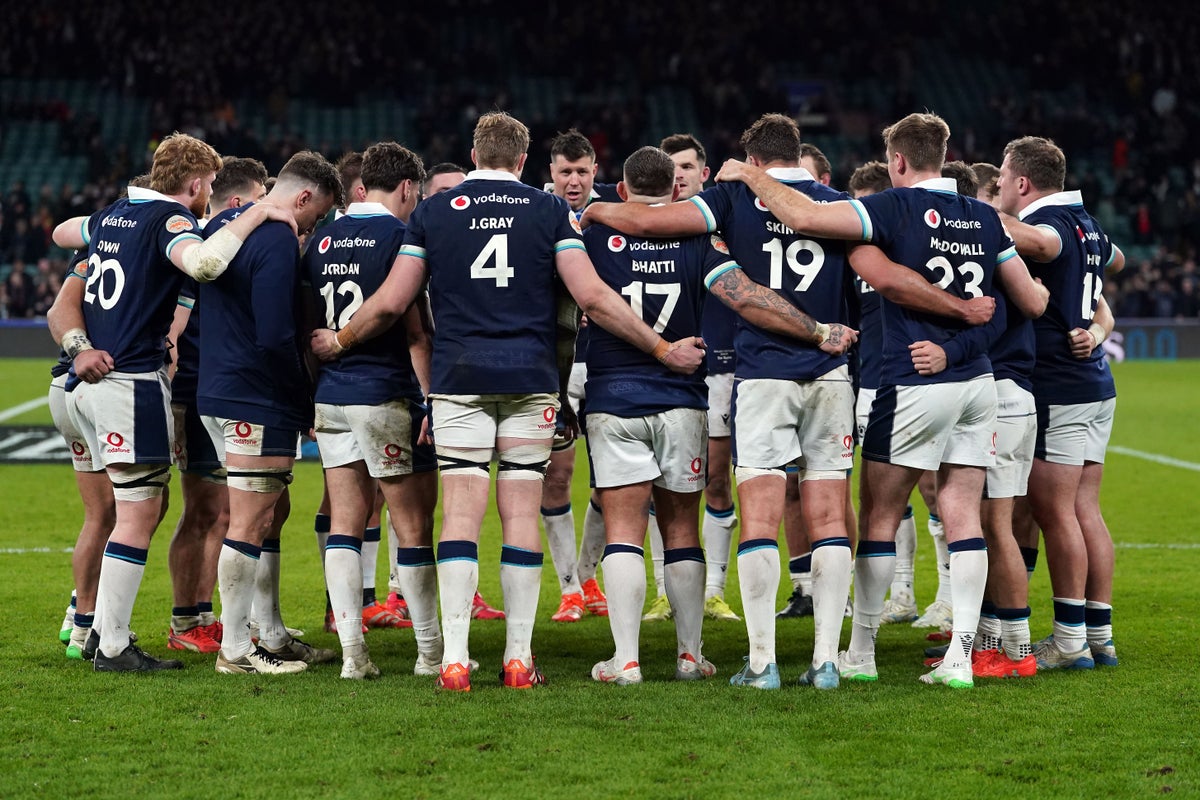Being an older mom of teens keeps me young. I speak their language and make an effort to learn about their hobbies.

Courtesy of Jennifer Cannon
- I had my youngest daughter when I was 38, and now, I'm a middle-age mom of teens.
- I love having teens in my 50s. It keeps me young.
- I make an effort to speak their language and learn about their interests.
I may be 57, but I'm still 35 in my mind. I had my first child, a son, at age 18. I was naive, unprepared, and mostly clueless in the midst of my own reverse adolescence.
Two decades later, my youngest daughter was born, joining her 2-year-old sister, when I was 38. It didn't occur to me at the time that I would be 51 when my youngest turned 13 and the effect two teenage girls would have on me as a middle-age mom.
I could be mid-hot-flash, suddenly enraged and/or crying over something like them bickering, only to have them dissolve into laughter, directed at me, saying, "It's not that deep, Mom." I didn't have time to wallow in the perimenopausal symptoms that began around the same time they got their periods because they kept me too busy. I had to, as the kids say, "Clock in."
I speak their language
I speak fluent teenager, and am able to translate their often abbreviated language. Keeping up with their lingo keeps my brain young. If I'm messaging either of my now college-age daughters, I don't use punctuation, or they think I'm mad. My oldest daughter recently texted, "Please tell Dad to stop using periods, it's freaking me out."
This may seem silly to some, but to me, it feels like a privilege to catch BTS (behind-the-scenes) glimpses into their world, and it reminds me of my own angsty youth.
The ability to communicate with young people helps me relate to them and, occasionally, even for a brief moment, feel like one of them. When they recognize you speak their language, they're often more open and trusting. I remember wanting to feel 'heard' as a teenager, and I remember the adults who listened. There's a fine line, however, between a parent inserting themselves into kid-world and being invited in.

Courtesy of Jennifer Cannon
I make an effort to learn about their hobbies and interests
As my kids grew, I didn't try to force my 80s music on them but instead tried to lean into theirs. These days, their friends are surprised when I know the words to everything from Sabrina Carpenter and Doja Cat to Fisher, Paramore, or Pop Smoke. Music is ageless.
The sports my kids chose as teenagers forced me out of my middle-age comfort zone. At one point, I alternated between driving 93 miles into the traffic hellscape that is New York City twice weekly for fencing and hooking up and loading a gooseneck horse trailer for equestrian eventing activities around the Tri-State area of New Jersey, Delaware, and Pennsylvania.
My youngest daughter keeps me in style. It's like having Heidi Klum standing by to assess with swift certainty if my fashion choice is "in" or "out." Her friends have called me a "baddie." The connotation is flattering — and possibly a stretch — but, admittedly, a nice ego boost during a time when many women my age feel invisible.
My kids also keep me laughing — sometimes until we're crying, which, in my opinion, is the greatest fountain of youth.
In July, my last teenager will turn 20. Being an older mom to teens has had its challenges, but I wouldn't trade any of it. My late grandfather surrounded himself with young people throughout his life, and now I understand why.
:max_bytes(150000):strip_icc():format(jpeg)/Keke-Award-NAACP-022325-45ad627e623a44bb877b7c420187e663.jpg)
:max_bytes(150000):strip_icc():format(jpeg)/peo-outlet-patio-furniture-tout-9193c694702d4b80ae1659e942d9d142.jpg)
:max_bytes(150000):strip_icc():format(jpeg)/Muni-Long-attends-the-2024-MTV-Video-Music-Awards-022125-04ee2a2854634acb926a6f139a979d38.jpg)









:max_bytes(150000):strip_icc():format(jpeg)/Elizabeth-Olsen-Natasha-Lyonne-022225-2-a377ca7eba6f4c35935c297e02380450.jpg)
:max_bytes(150000):strip_icc():format(jpeg)/peo-adirondack-chairs-sale-tout-81cfbd8ac873404bb63344557a72ddb0.jpg)